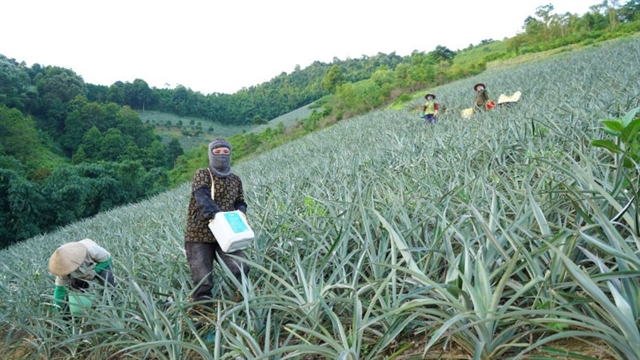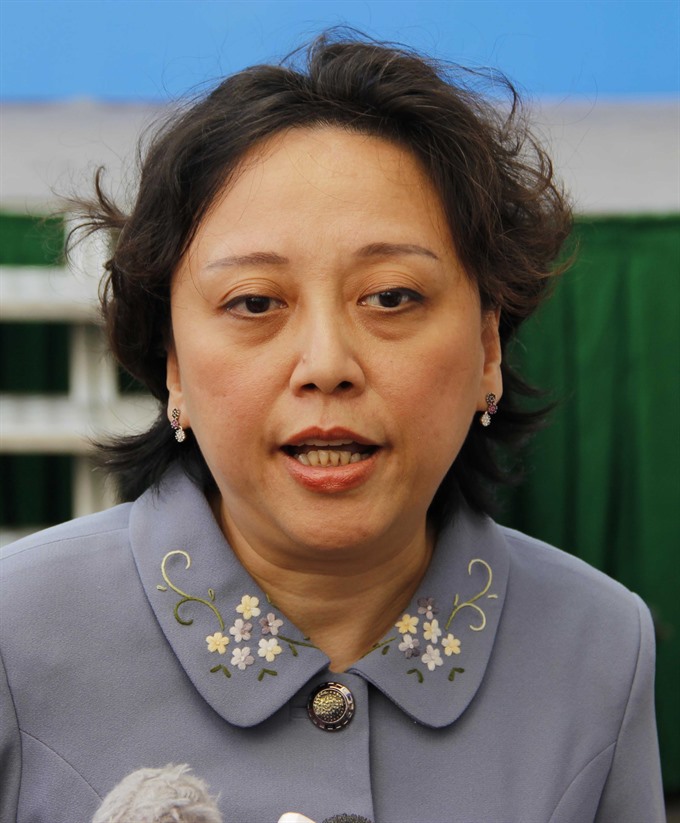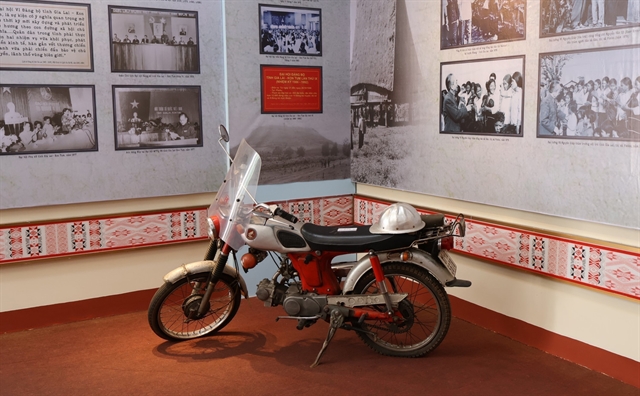 Society
Society

Phạm Khánh Phong Lan, head of the HCM City Food Safety Management Board, speaks to Sài Gòn Giải Phóng (Liberated Sài Gòn) about the positive results of the board’s work.
 |
| Phạm Khánh Phong Lan, head of the HCM City Food Safety Management Board |
Phạm Khánh Phong Lan, head of the HCM City Food Safety Management Board, speaks to Sài Gòn Giải Phóng (Liberated Sài Gòn) about the positive results of the board’s work.
HCM City is the first location to pilot the establishment of a Food Safety Management Board. Since its launch on March 11 last year, has progress in food safety occurred?
After receiving the decision to establish the board, a personnel system was set up. We transferred management from relevant agencies which were in charge of food safety and hygiene in the past. The city’s leaders appreciated the initial effectiveness of the board’s activities.
The board created an action plan to operate. A new food safety system covering all 24 districts and wholesale markets in the city was also set up.
The board has been working with the existing interdisciplinary system in districts and relevant agencies to manage high-risk subjects.
In addition, the issuance of food safety certificates is handled by the board instead of divisions of the Department of Health, Department of Agriculture and Rural Development and Department of Industry and Trade, as it was done in the past. This has made it more convenient for food manufacturers and managers to monitor food safety.
A system and procedure to deal with food poisoning has been developed. Last year, food poisoning cases totalling 30 victims were recorded.
Training and communication activities with the public have also been strengthened.
The board continues to co-operate with authorities and associations of neighbouring provinces to build and manage safe food chains, including agricultural products.
Over the last year, what have been the board’s major concerns about food management?
Management faces pressure because of the concern about people’s health. We are trying our best to ensure that the food is safe in the city. However, contaminated food is the most worrisome concern, because it is outside the control of the relevant agencies.
Food can become contaminated with banned chemicals and industrial additives during cultivation. To prevent this, the board tries to discover this by testing samples of food.
Food can also be contaminated with bacteria in storage, processing and use, leading to food poisoning if it is provided to schools and companies whose staff and workers have lunch at their facilities. With the board’s authority, we can prevent this from happening.
The board has submitted to the city People’s Council a request to approve the transfer of the project on management and trace of origin for pork from the city’s Department of Industry and Trade to the board. What prompted this suggestion?
After one year of the project’s implementation by the department, there has been initial effectiveness. However, there are still problems in control and co-ordination. This transfer of the project to the board would make management easier.
The board also asked the city People’s Committee to allow it to manage the slaughter of animals for food, instead of the Department of Agriculture and Rural Development. Cameras should be installed at slaughterhouses for monitoring the processes.—VNS




